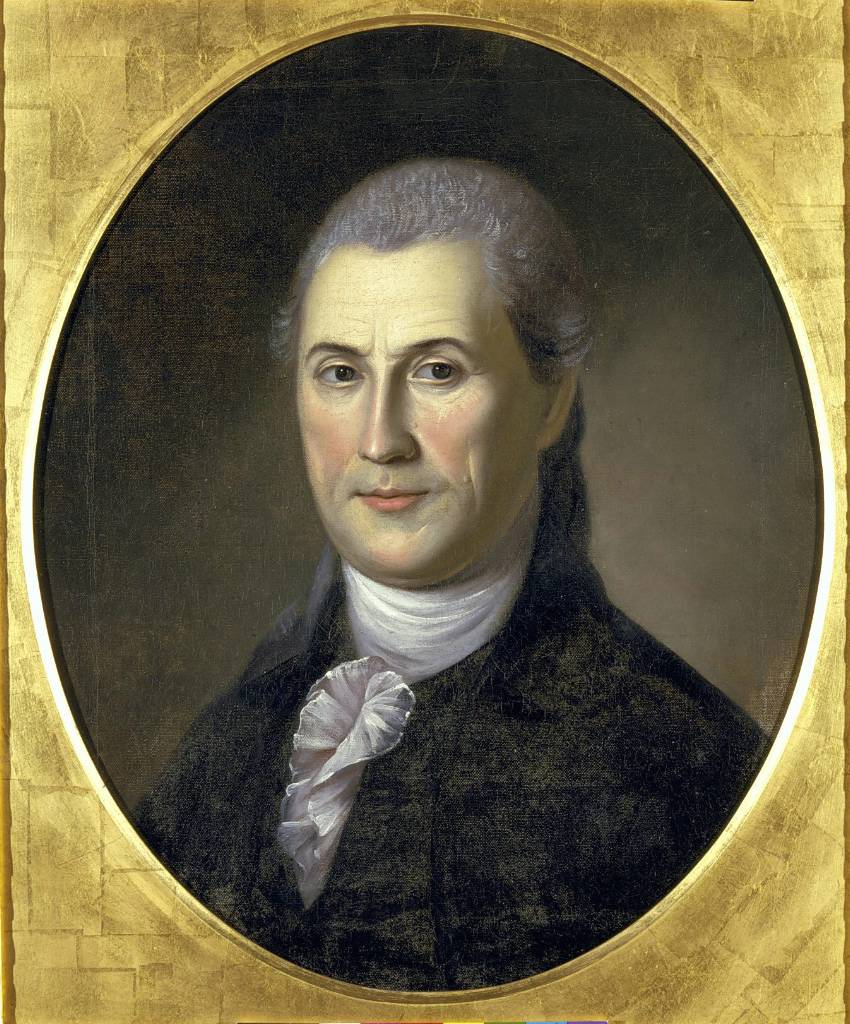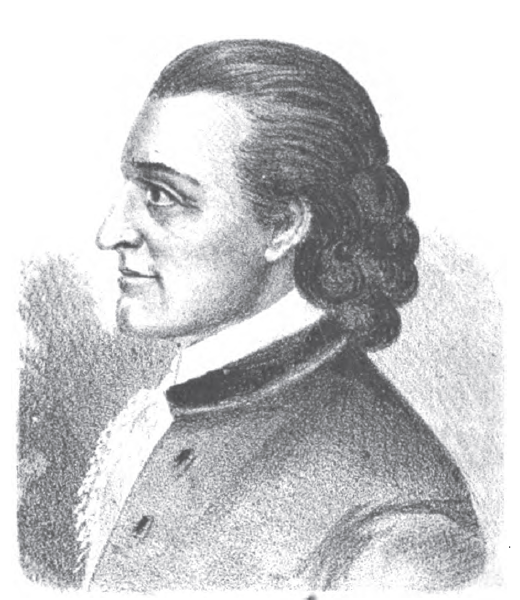Samuel Huntington was born in 1732, one of ten children. His father was a farmer, so Samuel worked hard as a young man. Like so many of his era, he had little formal schooling, but that didn’t stop him from getting an education. As a young man he devoted himself to the study of Latin, and then like fellow Connecticut patriot Roger Sherman and so many others, he studied law under the guidance of another attorney, privately reading borrowed books, with little real instruction.
He was admitted to the bar in his early twenties. As Huntington’s legal practice developed, the call of public service naturally followed. He was elected to numerous local offices and finally headed to Philadelphia, representing the people of Connecticut in the Second Continental Congress. There, he voted for independence, and placed his name on the Declaration of Independence.
Further leadership continually called Huntington. He was appointed as the President of the Continental Congress during the ratification of the crucial Articles of Confederation. After Connecticut became a State, he served as Chief Justice of the Superior Court, Lieutenant Governor and Governor. Like Sherman, then, in his long life of public service, Huntington served in the executive, legislative and judicial branches of government.
But above all else, Hunting was more than the sum of all his accomplishments, He was a true man of character.
In his classic 1848 book about the lives of the signers of the Declaration, B.J. Lossing wrote of Governor Huntington:
“He was a thoughtful man, and talked but little—the expression of his mind and heart was put forth in his actions….[A]s a devoted Christian and a true patriot, he never swerved from duty, or looked back, after he had placed his hand to work.”
For more awesome stories about the Signers –
Check out Mark’s book:
Lives, Fortunes, Sacred Honor: The Men Who Signed the Declaration of Independence
















